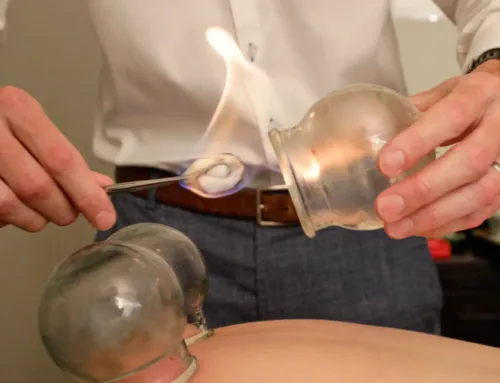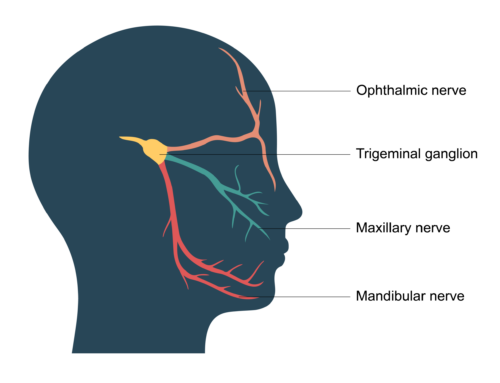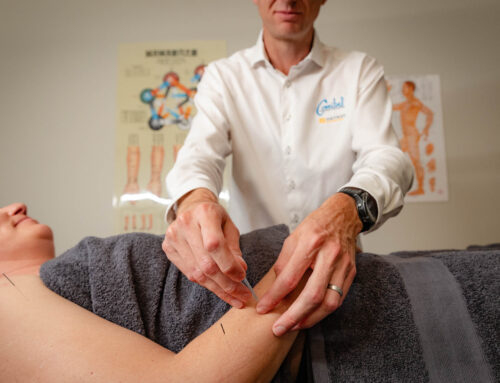Mothers aren’t always aware of the full advantages of breastfeeding, nor are they told that it can be REALLY painful for some. However, perseverance can lead to some very positive advantages for both mum and baby.
Breast milk is well-balanced and, readily utilized and biologically active with proteins, fats and carbohydrates that are adequately adapted to the needs of the baby.
Advantages for baby
- Resistance to infection from pathogens due to the IgA, IgG and IgM antibodies in the breast milk
- Lowered risk of respiratory and gastrointestinal illness in the first year
- Increased responsiveness and enhanced cognitive performance
- Increases maternal bonding through skin to skin contact
- Associated with a lower risk of juvenile diabetes, inflammatory bowel disease and delayed onset of coeliac disease
Advantages for Mum
- Reduced risk of premenopausal breast cancer and osteoporosis
- Accelerated weight loss and return to pre-pregnancy weight
- Promotion of maternal recovery from childbirth
- Convenient & free
What they don’t always tell you
- It can hurt! This can cause nipple discomfort and latch problems. Breast milk can be used to ease the chaffing, alternatively, there are some great natural herbal creams on the market that are baby friendly! Ask us for some recommendations if you need!
- It’s time consuming. Breastfeeding can take longer & be more frequent than formula fed bubs due to the high digestibility of breast milk
- Mothers need to watch their diet as this passes through to the milk..(alcohol, caffeine, spices etc.)
- Formula fed bubs tend to have more gas/gastrointestinal problems
- There is no immune support from formula & it doesn’t match the complexity of breast milk which can adapt to the changing immune of the infant.
Energy & Nutrient requirements for a breastfeeding mother
You do actually need to consume more food & liquid…
- Consume approx. an extra 2000-2100kj per day during lactation
- Increase water by an extra 500ml
- Protein, carbohydrate, dietary fibre & fatty acids requirements increase
If you are still unsure about what is best for you and your baby, speak to a qualified practitioner and they can discuss your options with you.







